Article At A Glance: Cat Urinary Health For Cystitis
- Natural supplements containing N-Acetyl Glucosamine and Hyaluronic Acid help repair and protect the bladder wall in cats suffering from cystitis.
- Stress is a significant trigger for feline cystitis, making L-Theanine and L-Tryptophan essential components in effective urinary health supplements.
- Warning signs of urinary issues include frequent urination attempts, straining, vocalisation, and inappropriate elimination outside the litter box.
- JP's Natural Pet Supplements offers specialised formulations that address both the physical and psychological aspects of feline urinary conditions.
- Most cats show improvement within 2-4 weeks of consistent supplement use, though severe cases may require veterinary intervention alongside supplementation.
If you've ever witnessed your cat straining in the litter box or found unexpected puddles around your home, you're familiar with the distress of feline idiopathic urinary issues. Cystitis—inflammation of the bladder—affects countless cats each year, causing pain and anxiety for both pets and their owners.
Understanding and addressing your cat's urinary health doesn't have to mean endless vet visits and medications. Natural urinary supplements can provide significant relief when chosen correctly. JP's Natural Pet Supplements specialises in formulations specifically designed to address the complex nature of cat cystitis, combining bladder wall protection with stress-reduction components for a holistic approach to treatment.
The right supplement can mean the difference between a comfortable, content cat and one suffering in silence. Let's explore how to identify urinary issues and find effective natural solutions that work.
Essential Insights for Cat Owners
Feline cystitis is more complex than most owners realise. Unlike human urinary tract infections, which are primarily bacterial, most cat urinary issues (up to 65%) are classified as Feline Idiopathic Cystitis (FIC)—with no clear bacterial cause. This condition involves inflammation of the bladder lining without infection, making traditional antibiotics ineffective.
The protective glycosaminoglycan (GAG) layer that lines your cat's bladder is crucial for preventing irritation. When this layer becomes compromised—often due to stress—the bladder wall becomes susceptible to damage from urine compounds. Natural supplements that replenish this protective layer while addressing stress factors offer the most comprehensive approach to treatment.
Cats are notoriously skilled at hiding pain, making urinary issues particularly challenging to detect early. By the time symptoms become apparent, your cat may have been suffering for days or weeks. This makes preventative supplementation especially valuable for cats with a history of urinary issues.
Why Your Cat's Urinary Health Matters: Signs of Cystitis You Can't Ignore
Urinary issues don't just cause physical discomfort—they fundamentally affect your cat's quality of life and behaviour. A cat with cystitis experiences pain similar to that of a severe bladder infection in humans, which can transform even the most affectionate feline into an irritable, withdrawn companion. This pain drives many of the behavioural changes you might notice.
Recognising the warning signs early can save your cat from prolonged suffering and prevent the condition from worsening. Male cats face particularly serious risks, as their narrower urethras can become completely blocked, creating a life-threatening emergency within hours. For more information on preventative measures, check out this urinary care supplement for cats.
- Frequent trips to the litter box with little or no urine produced
- Crying or vocalisation while urinating
- Blood in the urine (may appear pink or dark orange)
- Urinating outside the litter box, often on cool surfaces like tile floors or bathtubs
- Excessive grooming of the genital area
- Behavioural changes, including aggression, hiding, or decreased appetite
What Causes Feline Cystitis and How Supplements Help
Understanding the underlying causes of feline cystitis reveals why traditional treatments often fall short and why comprehensive supplements addressing multiple factors provide better outcomes. Unlike simple bacterial infections, cystitis in cats typically involves a complex interplay of physical and psychological factors that requires a multifaceted approach.
Stress-Related Inflammation: The Hidden Culprit
Research increasingly points to stress as a primary trigger for feline cystitis episodes. The connection between your cat's brain and bladder is surprisingly strong—when cats experience anxiety or stress, their bodies release hormones that can trigger inflammation in the bladder lining. This neurological connection explains why stressful events like moving homes, introducing new pets, or even changes in routine often precede cystitis flare-ups.

Effective urinary supplements contain natural anxiolytic ingredients that specifically target this stress response. Components like L-Tryptophan and L-Theanine support the production of serotonin, the "feel-good" neurotransmitter that promotes calm. By addressing this neurological component, supplements help break the cycle of stress-induced inflammation.
Cat owners often report that implementing stress-reduction strategies alongside appropriate supplements yields dramatically better results than either approach alone. This holistic strategy acknowledges that cystitis isn't merely a bladder problem—it's a condition with both physical and psychological dimensions.
The relationship between stress and urinary health explains why some cats experience recurring cystitis despite antibiotics or diet changes. Without addressing the underlying stress triggers, the cycle continues regardless of other interventions.
Compromised Bladder Wall Protection
The interior of your cat's bladder is lined with a protective layer of glycosaminoglycans (GAGs)—a specialised coating that prevents irritating compounds in urine from directly contacting sensitive bladder tissue. When this protective barrier becomes damaged or thinned, urine can penetrate the bladder wall, causing inflammation, pain, and potentially leading to cystitis.
High-quality urinary supplements contain GAG precursors like N-Acetyl Glucosamine and Hyaluronic Acid that provide the building blocks needed to repair and strengthen this protective layer. These compounds work by being absorbed into the bloodstream and then selectively incorporated into the bladder lining, essentially "patching" the compromised areas. For more information on effective supplements, check out this urinary care supplement for cats.
Concentrated Urine and Crystal Formation
Many domestic cats suffer from chronically concentrated urine—a consequence of their desert-dwelling ancestors and modern indoor lifestyles with limited water intake. This concentrated urine creates an environment where mineral crystals can more easily form, potentially leading to painful irritation or even blockages in extreme cases.
Natural supplements containing cranberry extract and D-mannose help maintain proper urinary pH and discourage bacterial adhesion to the bladder wall. These ingredients don't just target symptoms—they help create a urinary environment less conducive to inflammation and crystal formation. The goal is to support dilute urine production while simultaneously protecting the bladder lining.
Owners often overlook the importance of urine concentration when addressing cystitis. Even the most effective supplements work better when paired with strategies to increase your cat's water consumption, as proper hydration remains foundational to urinary health.
5 Most Effective Cat Urinary Health Supplements
When selecting a urinary supplement for your cat, prioritise formulations that address multiple aspects of urinary health simultaneously. The most effective supplements combine ingredients that protect the bladder wall, reduce stress, and create an optimal urinary environment.

1. N-Acetyl Glucosamine (NAG) Supplements
N-Acetyl Glucosamine serves as a crucial building block for repairing the glycosaminoglycan (GAG) layer that protects your cat's bladder wall. Unlike glucosamine used for joint health, NAG is specifically beneficial for urinary tissue repair. This compound helps rebuild the protective barrier that prevents urine from irritating sensitive bladder tissue.
Clinical studies show that cats receiving NAG supplements experience significant reductions in bladder inflammation and fewer recurrences of cystitis symptoms. The compound works by being absorbed into the bloodstream and then incorporated directly into the bladder lining, essentially "patching" damaged areas. For cats with recurring cystitis, NAG supplementation can be particularly valuable as part of a long-term management strategy.
Look for supplements containing at least 125mg of NAG per dose for optimal effectiveness. This therapeutic dosage ensures enough of the compound reaches the bladder tissue to support meaningful repair.
2. Hyaluronic Acid for Bladder Wall Protection
Hyaluronic acid represents one of the primary components in the natural protective layer lining your cat's bladder. This powerful compound has exceptional water-binding properties that help maintain tissue hydration and resilience. When included in urinary supplements, hyaluronic acid directly reinforces the bladder's protective barrier.
The protective effect of hyaluronic acid is particularly valuable for cats with recurrent cystitis episodes. Strengthening the GAG layer creates a more substantial barrier between irritating urine compounds and sensitive nerve endings in the bladder wall. This translates to less pain and inflammation during recovery and helps prevent future flare-ups.
Premium urinary health formulations combine hyaluronic acid with NAG for comprehensive bladder wall support. These ingredients work synergistically—NAG provides the building blocks for repair while hyaluronic acid enhances the protective quality of the resulting barrier. For more information on such supplements, you can explore this urinary care supplement for cats.
3. L-Theanine and L-Tryptophan for Stress Relief
Given the strong connection between stress and cystitis in cats, amino acids that support calm behaviour represent a critical component of effective urinary supplements. L-Theanine, naturally found in green tea, promotes relaxation without sedation by increasing alpha brain wave activity. This gentle calming effect helps reduce the stress response that can trigger or worsen cystitis episodes.
L-Tryptophan works as a precursor to serotonin, the neurotransmitter responsible for mood regulation and feelings of well-being. Supplements containing therapeutic levels of L-Tryptophan support your cat's natural stress management systems. When combined with L-Theanine, these amino acids provide comprehensive neurological support that addresses the psychological component of cystitis.
The stress-reduction benefits of these compounds extend beyond urinary health, potentially improving overall behaviour and quality of life. Many cat owners report decreased anxiety-related behaviours like inappropriate scratching, excessive grooming, or aggression when using supplements containing these amino acids.
4. Cranberry Extract for UTI Prevention
While most cases of feline cystitis aren't bacterial, cranberry extract offers protective benefits for all forms of urinary inflammation. This influential botanical works by preventing bacteria from adhering to the bladder wall, not by acidifying urine as commonly misunderstood. The proanthocyanidins in cranberries create a slippery surface that makes bacterial attachment difficult.
Beyond its antibacterial properties, cranberry extract contains natural anti-inflammatory compounds that help reduce bladder irritation. These antioxidant properties support overall urinary tract health and complement the repair functions of ingredients like NAG. For cats with mixed inflammatory and bacterial components to their urinary issues, cranberry provides valuable dual-action support.
Quality matters significantly with cranberry supplements. Look for products specifying concentrated cranberry extract rather than simple cranberry powder, as the concentration of active compounds can vary dramatically between formulations. Effective supplements typically contain the equivalent of at least 200mg of pure cranberry extract per dose.
5. D-Mannose for Bacterial Management
D-Mannose represents one of the most targeted natural approaches for managing bacterial aspects of urinary tract health. This naturally occurring sugar doesn't affect blood glucose levels but creates a powerful defensive mechanism in the urinary tract. When consumed, D-Mannose is rapidly absorbed and then excreted unchanged in urine, where it acts as a "magnet" for certain bacteria.
The mechanism is fascinating—harmful bacteria like E. coli have tiny finger-like projections that normally allow them to grip the bladder wall. D-Mannose binds to these projections more strongly than they can bind to bladder tissue, essentially tricking bacteria into attaching to the D-Mannose molecules instead. The attached bacteria are then easily flushed out during urination, preventing infection without antibiotics.
Dietary Changes That Boost Supplement Effectiveness
While supplements provide targeted support for urinary health, their effectiveness multiplies when paired with appropriate dietary adjustments. The food your cat consumes directly impacts urine concentration, pH balance, and overall bladder health. Making strategic dietary changes creates an internal environment where healing can accelerate and supplements can work more efficiently.
Most commercial cat foods contain high levels of minerals like magnesium, phosphorus, and calcium—components that can contribute to crystal formation in susceptible cats. Transitioning to a urinary-focused diet with controlled mineral levels reduces this risk factor significantly. These specialised diets are formulated to produce urine within the optimal pH range (typically 6.0-6.5) that discourages both struvite and calcium oxalate crystal formation.
The protein source in your cat's diet also matters tremendously. Some cats develop sensitivities to common proteins like chicken or fish, which can trigger inflammatory responses throughout the body—including the bladder. Introducing novel proteins like rabbit, duck, or venison can reduce this inflammatory burden and complement the anti-inflammatory effects of urinary supplements.
Increasing Water Intake Strategies
Hydration stands as the single most important dietary factor in urinary health. Dilute urine flushes the bladder more frequently, reducing the concentration of irritants and crystal-forming compounds. Despite its importance, many cats drink insufficiently due to their desert-adapted ancestry. Creative strategies to increase water consumption can dramatically improve urinary health outcomes and enhance supplement effectiveness.
Consider investing in a cat water fountain, as many felines prefer drinking from moving water sources. Place multiple water bowls throughout your home, especially in areas your cat frequents. Adding a small amount of tuna water or low-sodium chicken broth to plain water can entice reluctant drinkers, though these flavoured options should complement rather than replace regular water. Ice cubes made from bone broth can also serve as both hydrating treats and enrichment activities that contribute to overall fluid intake.
Wet Food Benefits for Urinary Health
Canned wet food provides significantly more moisture than kibble, making it an essential component of urinary health management. Even the highest quality dry food typically contains only 10% moisture, while wet food averages 70-80% water content. This dramatic difference means cats eating primarily wet diets naturally consume more water with each meal, supporting optimal hydration without requiring additional drinking.
- Higher moisture content significantly reduces urine concentration
- Softer texture requires less processing, reducing stress on the kidneys
- Generally, contains fewer carbohydrates, supporting a healthy urinary pH
- Provides more protein in a more digestible form
- Easier to incorporate supplements by mixing directly into food
Many veterinary nutritionists recommend a gradual transition to a predominantly wet food diet for cats with urinary issues. This doesn't necessarily mean eliminating dry food entirely. Some cats benefit from a mixed feeding approach that combines the dental benefits of quality kibble with the hydration advantages of wet food. The key is ensuring that at least 50% of daily calories come from moisture-rich sources.
For particularly finicky eaters, try warming wet food slightly to enhance its aroma, or experiment with different textures from pâté to chunks in gravy. Finding a formulation your cat eagerly consumes ensures consistent nutrition and makes supplement administration much simpler.
Foods to Avoid That Worsen Cystitis
Certain foods and ingredients can directly exacerbate urinary inflammation and counteract the benefits of even the best supplements. High-ash content foods, typically containing excessive minerals, can create an unfavourable urinary environment that promotes crystal formation. Similarly, foods with artificial colours, preservatives, and flavour enhancers may trigger inflammatory responses in sensitive cats. Fish-based diets, while often palatable to cats, contain higher levels of minerals associated with urinary crystal formation and should be limited for cats with recurring cystitis. Instead, prioritise poultry or novel protein sources in formulations specifically designed for urinary health.
Take Action Now: Your Cat's Urinary Health Recovery Plan
Creating a comprehensive recovery plan combines the right supplements with appropriate environmental and dietary changes. Begin by selecting a high-quality urinary supplement containing the key ingredients we've discussed—N-Acetyl Glucosamine, Hyaluronic Acid, L-Theanine, L-Tryptophan, and cranberry extract. Administer consistently according to weight-based dosing guidelines, ideally splitting the daily amount between morning and evening meals for steady absorption. While improvements may appear within days, commit to at least 4-6 weeks of consistent supplementation to fully restore bladder health and protective mechanisms.
Simultaneously implement stress reduction strategies by creating predictable routines, providing vertical space for security, and using pheromone diffusers to create a calming environment. Ensure litter boxes are scrupulously clean, positioned in quiet locations, and available in sufficient numbers (ideally one more than the number of cats in your household). Remember that recovery from cystitis requires addressing both the physical and psychological aspects of your cat's health—the most successful approach integrates supplement therapy with compassionate environmental management and optimal nutrition.
Frequently Asked Questions
The journey to restoring your cat's urinary health naturally brings up many questions. Below are evidence-based answers to the most common concerns cat owners have when starting supplement protocols for cystitis management.
How long does it take for urinary supplements to work for cats with cystitis?
Most cats show initial improvement within 7-10 days of consistent supplementation, with reduced straining and more comfortable urination. However, complete restoration of bladder health typically requires 3-4 weeks of uninterrupted treatment. The bladder wall healing process occurs in stages—first reducing acute inflammation, then rebuilding the protective GAG layer, and finally restoring normal tissue resilience. For severe or chronic cases, maintenance supplementation may be necessary for several months or as an ongoing preventative measure during stress-prone periods.
Can I give my cat multiple urinary supplements at once?
While combining supplements is possible, it's generally more effective to choose a comprehensive formula that already contains multiple active ingredients in properly balanced ratios. Individual supplements may interact unpredictably or create dosing challenges when used together. Additionally, administering multiple separate products increases the risk of exceeding safe dosage levels of certain compounds.
If you're currently using multiple individual supplements, consider transitioning to a complete formula designed specifically for feline urinary health. These integrated products typically contain optimised combinations of GAG precursors, anti-inflammatories, and stress-reducing compounds in proportions proven effective for cats.
Always consult with your veterinarian before combining any supplements, especially if your cat takes prescription medications, as certain natural compounds can affect drug metabolism or excretion.
Are there any side effects to urinary health supplements for cats?
Quality urinary supplements formulated specifically for cats rarely cause adverse effects when administered as directed. The most commonly reported side effect is mild gastrointestinal upset, which typically resolves by giving the supplement with food or dividing the daily dose into smaller, more frequent administrations. If persistent digestive issues occur, temporarily reducing the dosage and then gradually increasing it can help your cat's system adjust to the new compounds without discomfort.
Do male cats need different urinary supplements than females?
While the fundamental ingredients benefit both sexes, male cats may require more aggressive preventative care due to their anatomical differences. The male urethra is significantly narrower, making males more vulnerable to life-threatening blockages if inflammation or crystals develop. For this reason, supplements for male cats sometimes contain additional anti-inflammatory compounds and may emphasise ingredients that specifically discourage crystal formation. Both sexes benefit equally from GAG-layer rebuilding compounds and stress-reduction components, but dosing recommendations may differ based on typical weight differences between males and females.
Can urinary supplements replace prescription medication for cystitis?
Natural supplements work best as complementary support alongside veterinary care rather than as replacements for prescribed treatments in acute cases. During active, painful cystitis episodes, prescription pain medications and anti-inflammatories provide immediate relief that supplements cannot match. However, once the acute crisis resolves, high-quality supplements often prevent recurrence more effectively than prescription diets alone.
For chronic or recurring cases, many veterinarians now recommend a combined approach: short-term medications for symptom relief followed by long-term supplementation for prevention. This integrated strategy addresses both immediate comfort and underlying causes, resulting in better outcomes than either approach alone.





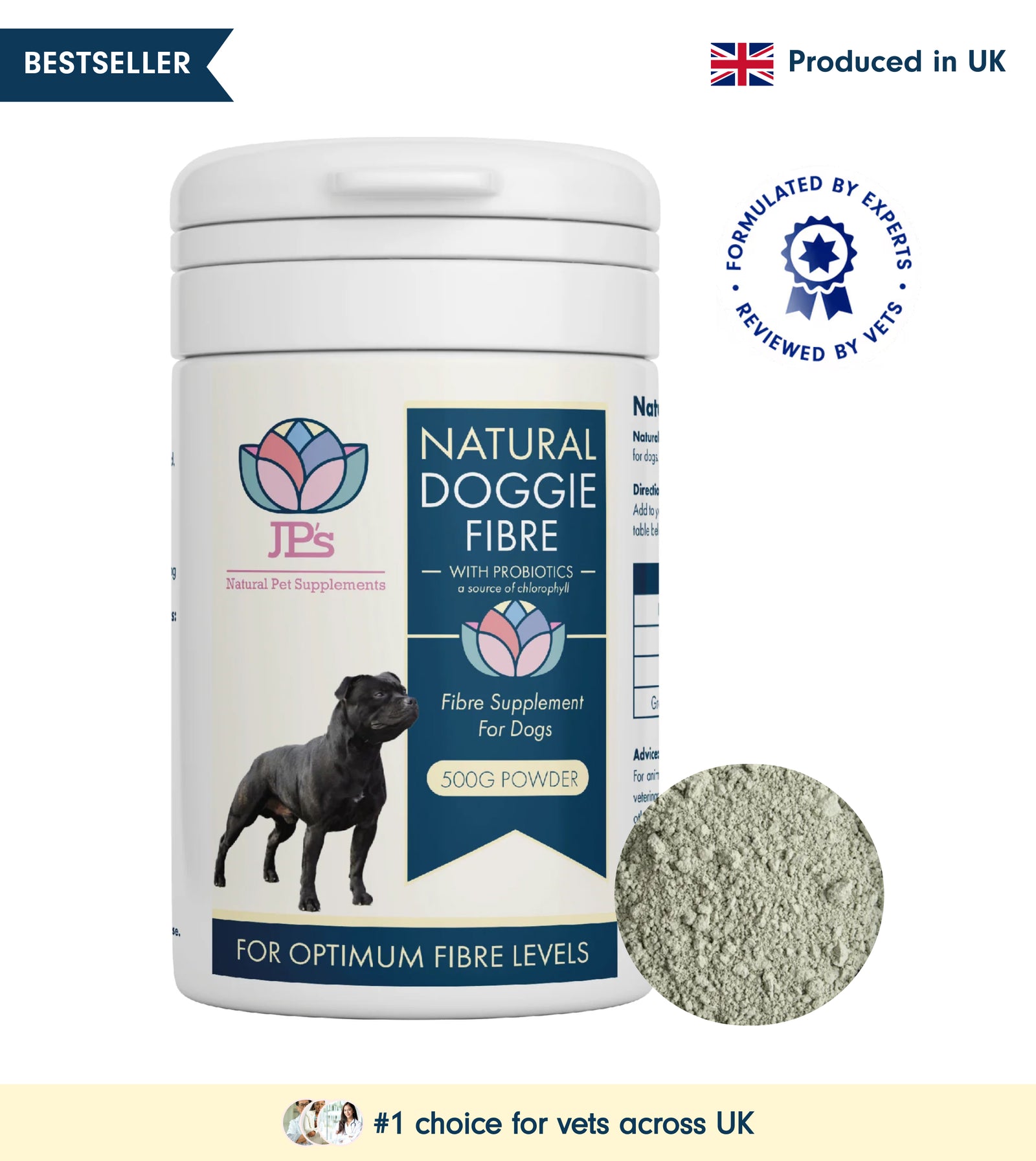
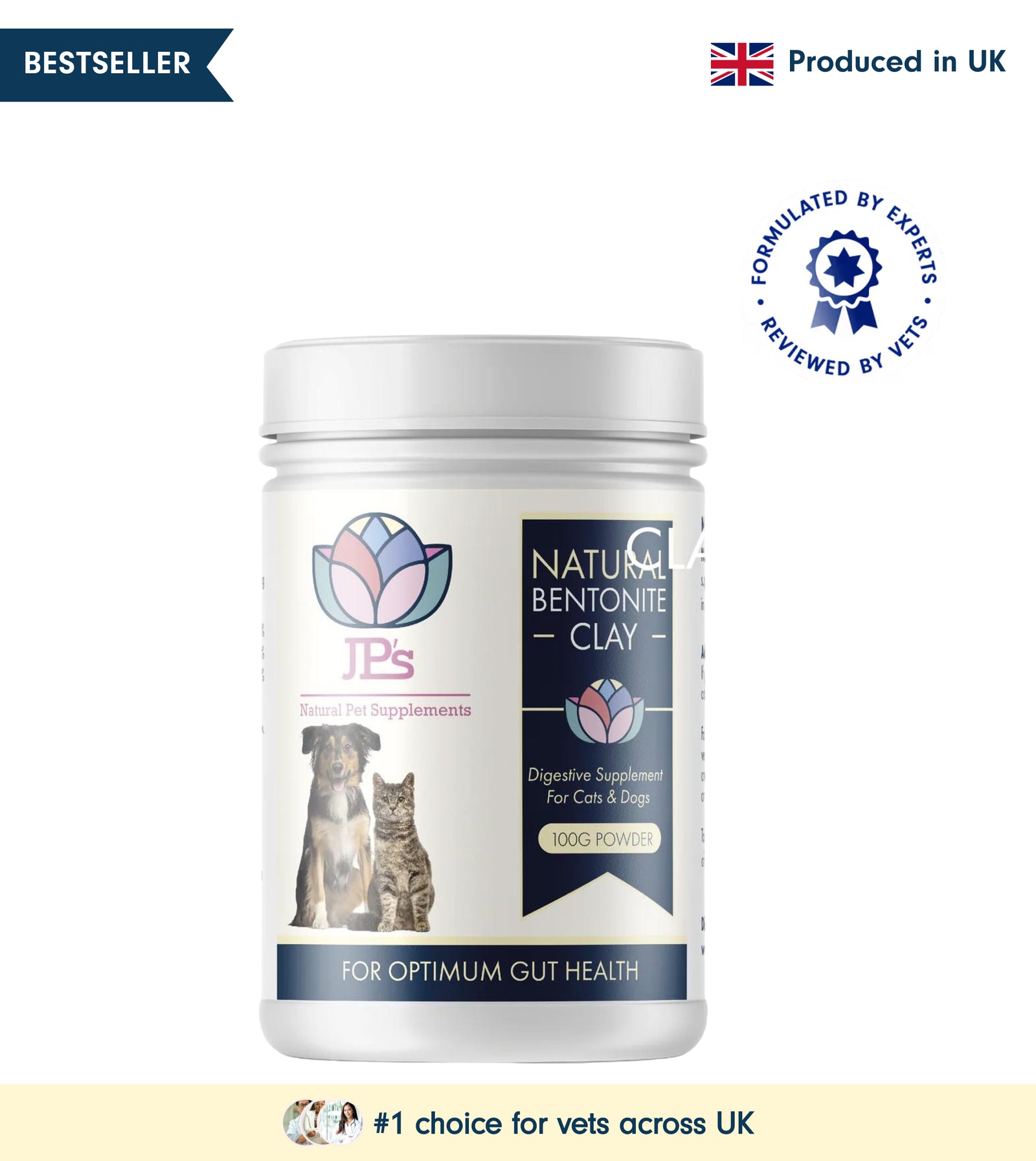
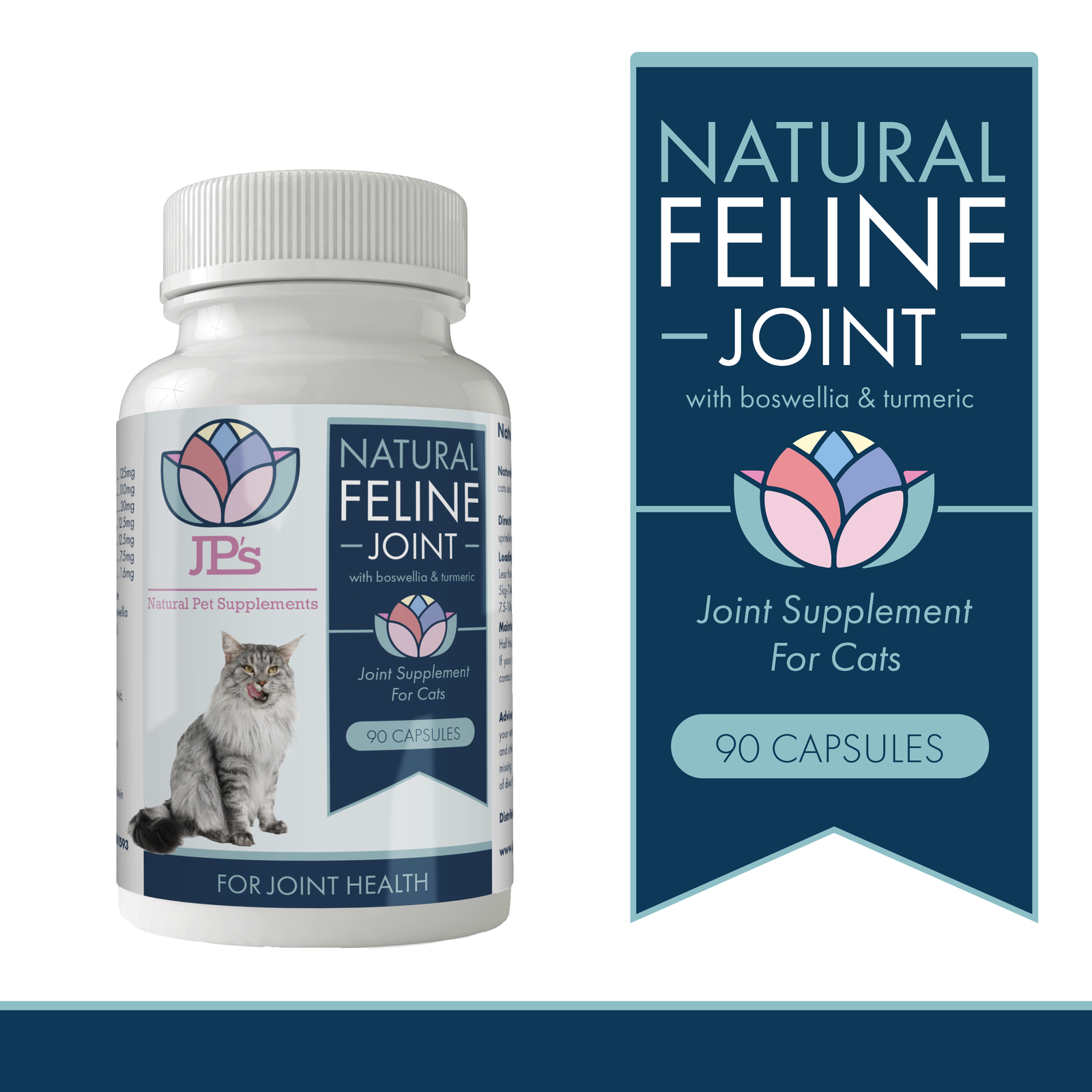
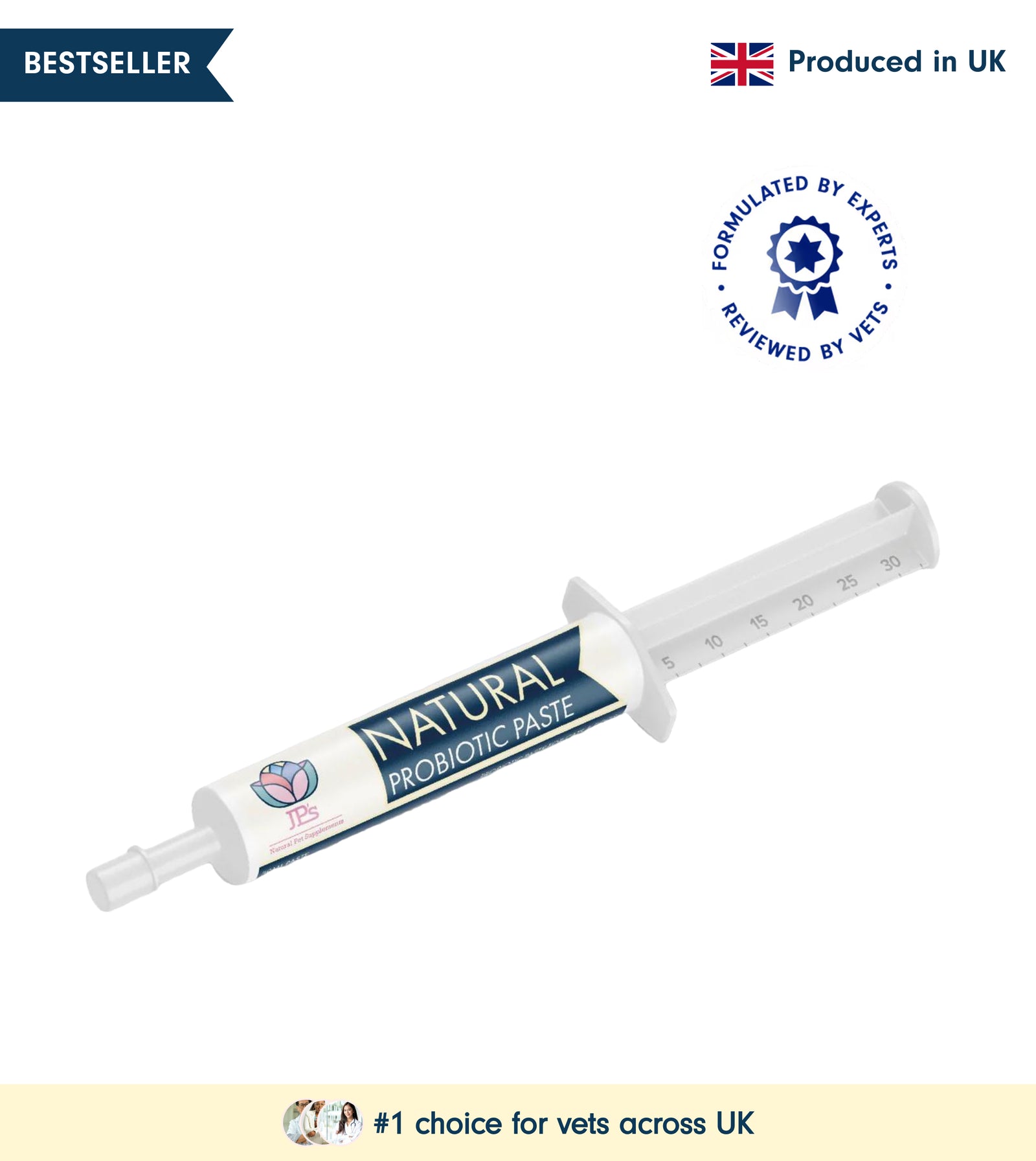
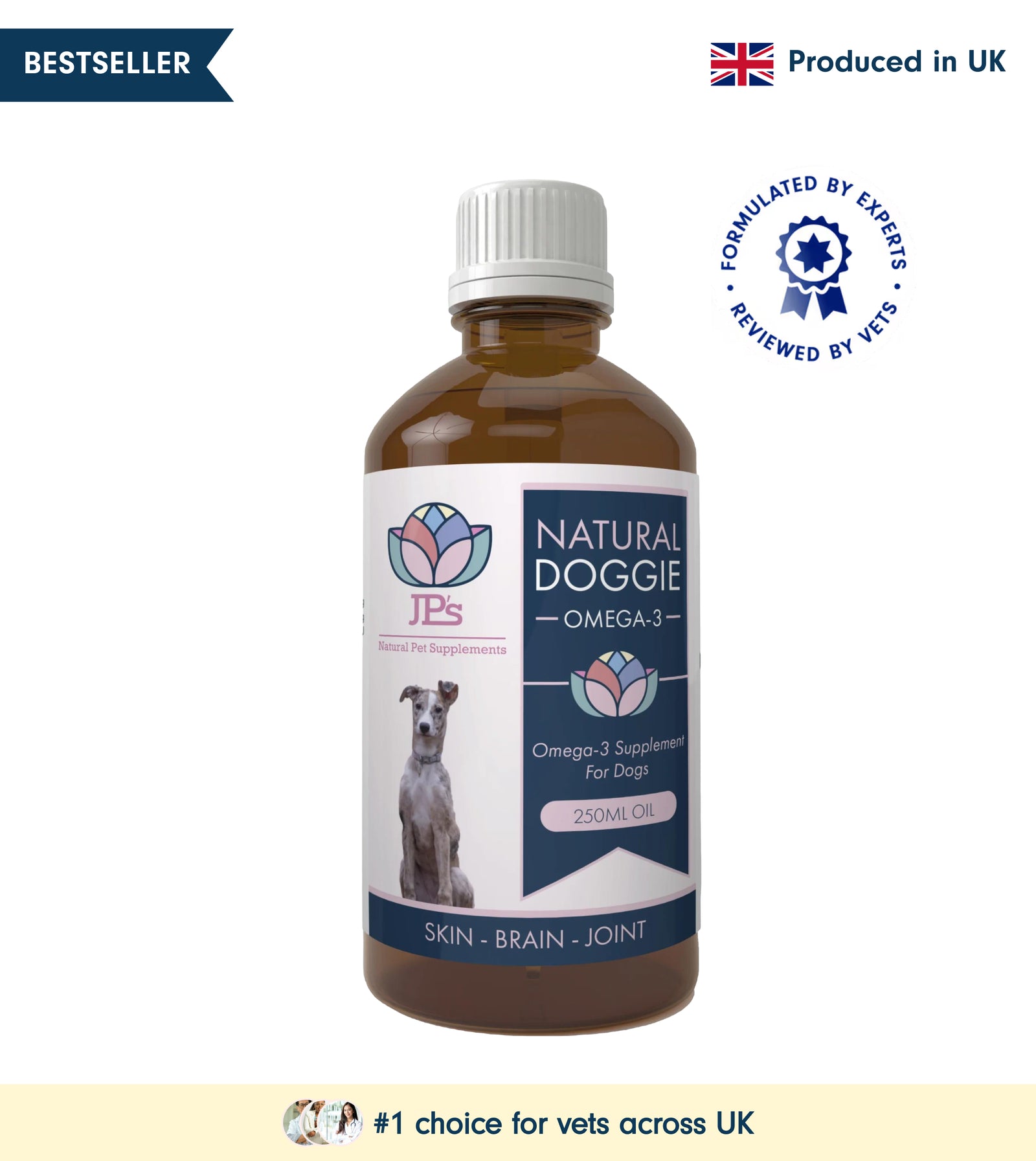
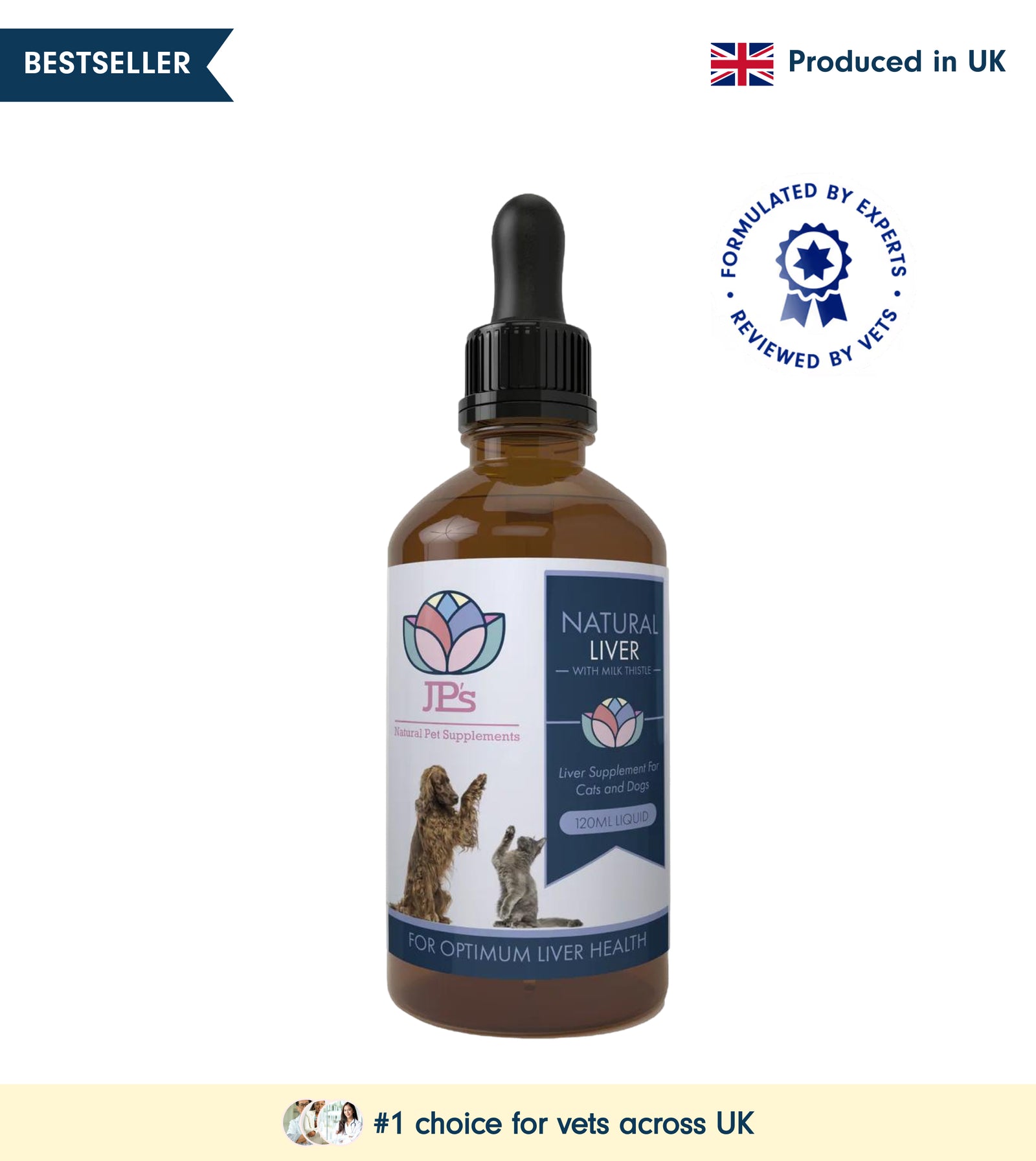


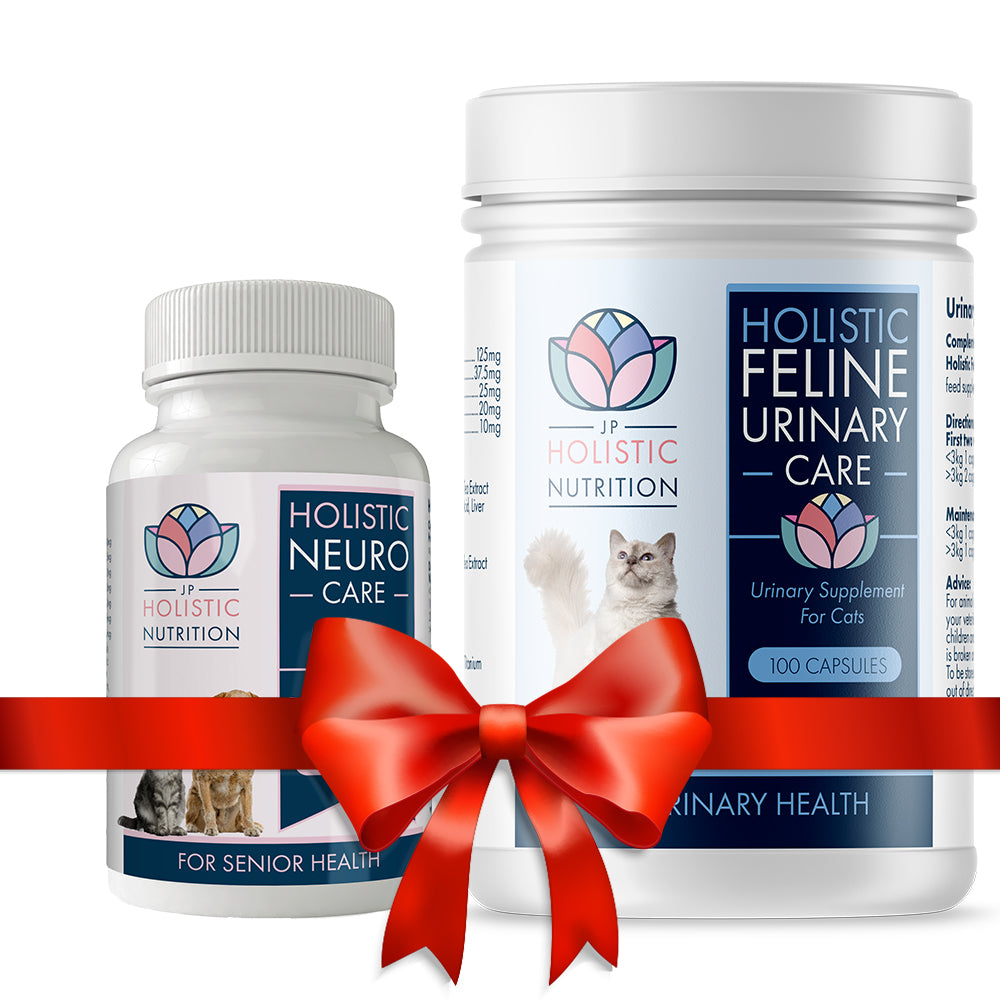
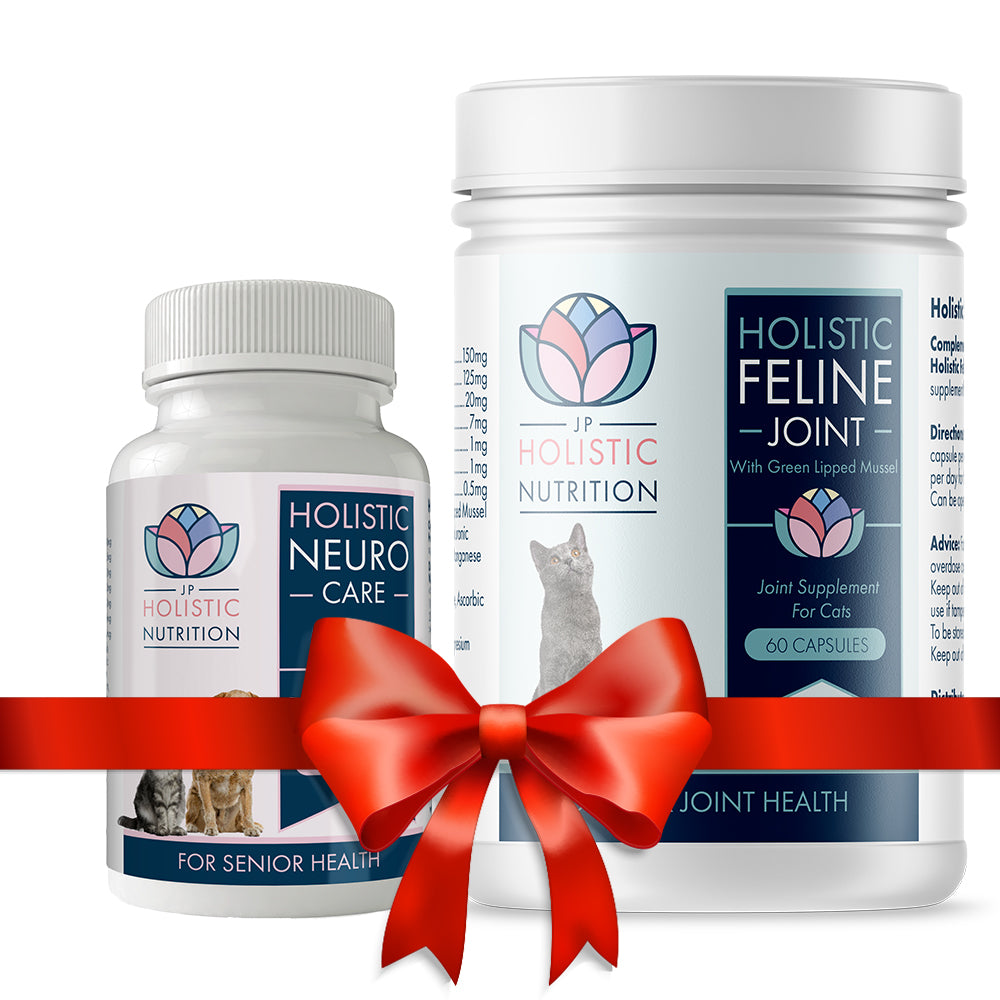
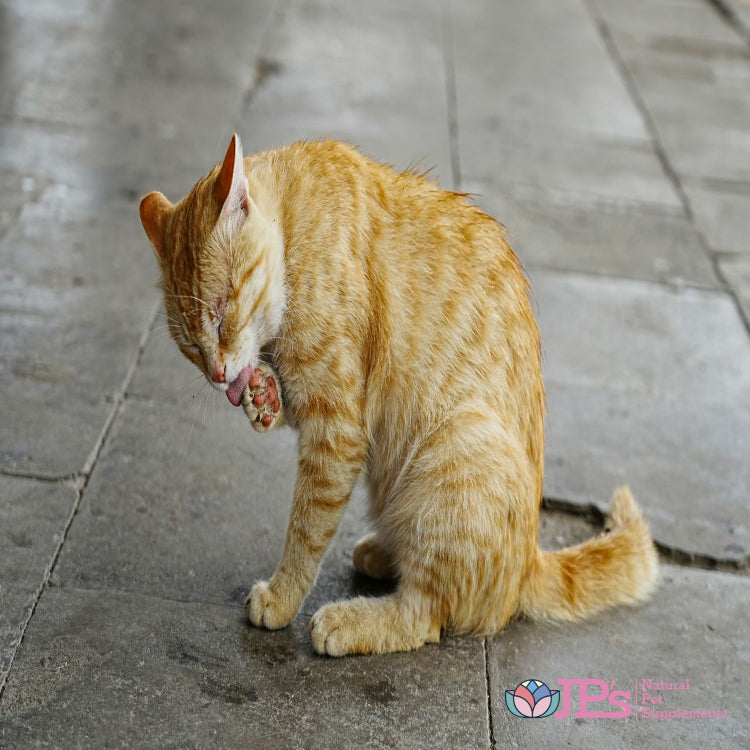


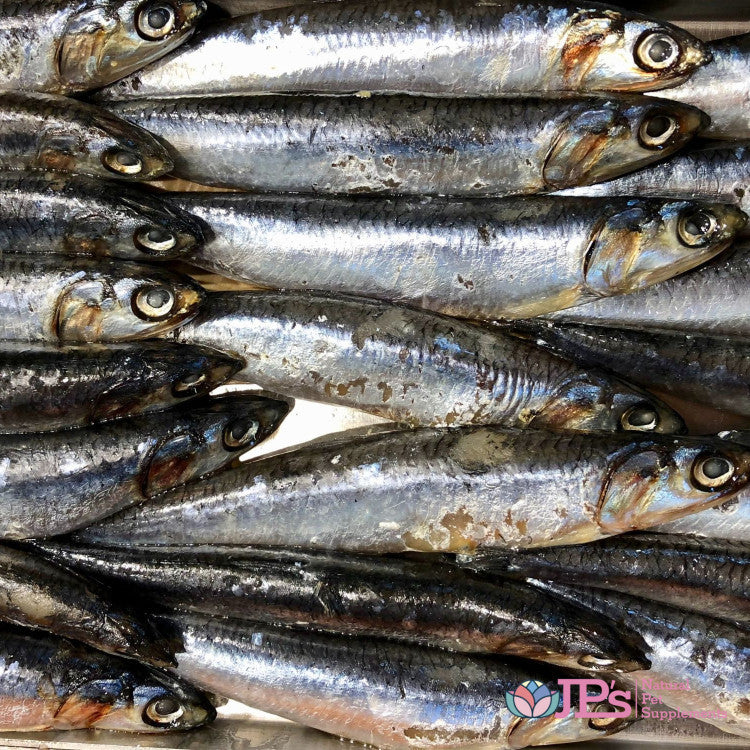
Leave a comment (all fields required)